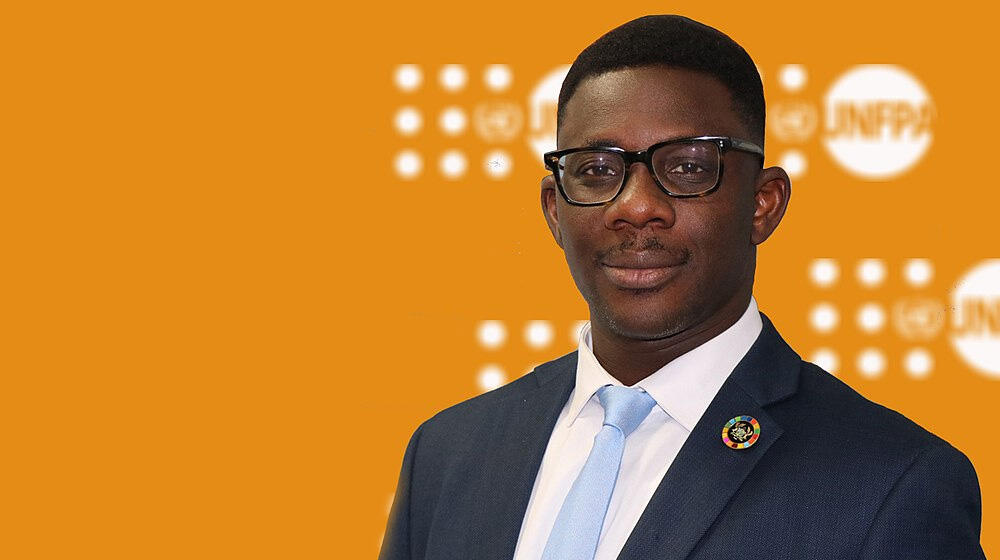By: Niyi Ojuolape
Country Representative, UNFPA Somalia
I am writing this op-ed to mark the International Day of Zero Tolerance for Female Genital Mutilation (FGM) and to call for an end to this gross violation of human rights and gender-based violence. While FGM is still being practiced in many parts of the world, the situation in Somalia is particularly concerning. Somalia has the highest prevalence of FGM in the world, with over 98% of all women above the age of 15 having undergone the "cut."
FGM can lead to a number of immediate and long-term health consequences, including severe pain, bleeding, infection, and even death. Women and girls who have undergone FGM are at greater risk of maternal death and morbidity, and the practice also has a significant impact on sexual and reproductive health. It is a harmful practice that has no medical benefits.
Despite the clear evidence of the harm caused by FGM, the practice continues to this day under the guise of customs and traditions. This is unacceptable and we must work together to break the silence and talk openly about this issue. Customs and traditions evolve over time in response to changing social, cultural, economic, and political factors. Some customs and traditions are abandoned when they are seen as harmful or no longer relevant, while others are adapted or modified to better reflect changing societal values and norms. It is important to note that customs and traditions should not be protected at the expense of human rights and well-being. When customs and traditions conflict with human rights and cause harm, it is appropriate and necessary to challenge them.
Let us pledge to work together to abandon those customs that infringe on the human rights, health and well-being of our women and girls. There will be no change unless we speak up. It is time to challenge the notion that FGM is an unchangeable custom and to work towards its elimination.
To achieve meaningful and lasting change, we must work with all stakeholders, including political and religious leaders, community leaders, lawmakers, and the communities themselves. We must engage in sustained and impactful dialogue that can lead to an effective and efficient eradication of this practice.
I am committed to continuing our work to make the world a better place for women and girls. UNFPA Somalia, will continue to raise awareness and promote the elimination of FGM, and to support the communities and partners who are working towards this end.
Let us break the silence and work together to end this harmful practice, once and for all.


